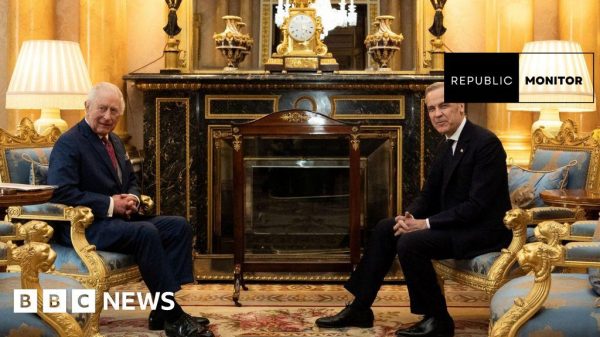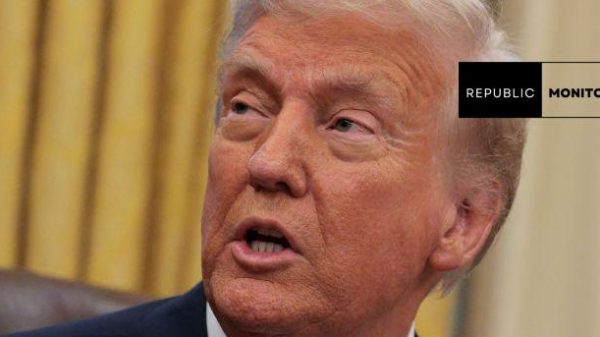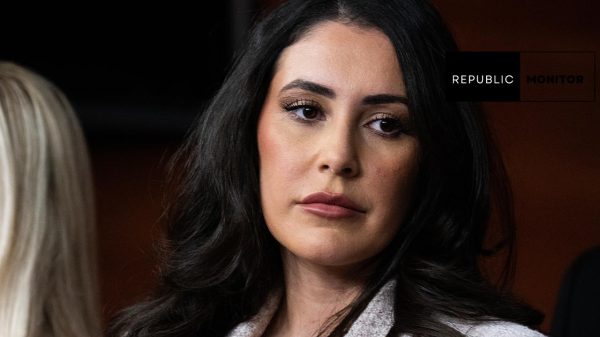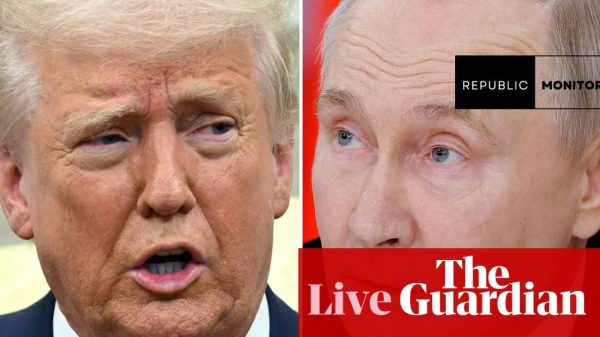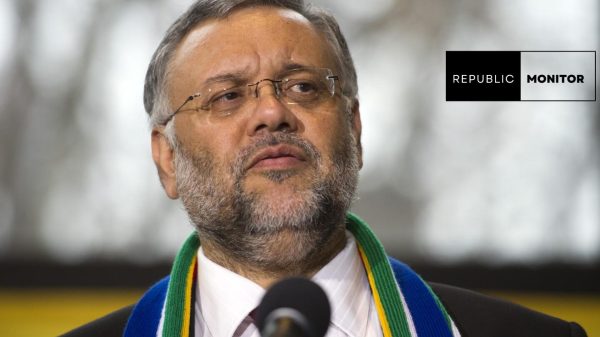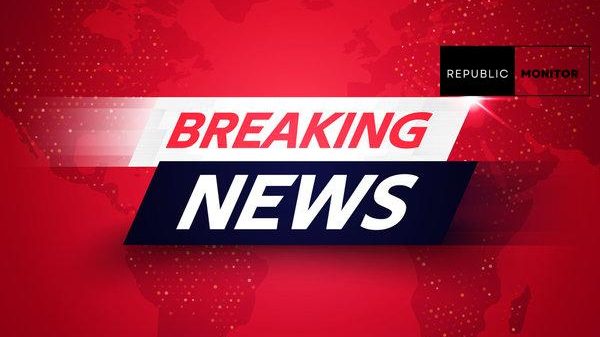In a significant escalation of hostilities, Russia has unleashed its most intense drone attack on Ukraine since the start of the war in 2022. The assault, which targeted the capital city of Kyiv for over six hours, is reported to be the largest drone attack by Russia to date.

Ukraine’s military confirmed that Kyiv was the primary target of the drone attack. Ukrainian Air Force Commander Mykola Oleshchuk described the incident as the most massive air assault by drones on the city since the conflict began. The attack, launched at 4 a.m., lasted for several hours, causing extensive damage and power outages.
According to reports, Russia deployed 75 Iranian-made drones in the attack, marking a concerning development in the nature of warfare. Ukrainian air defenses were credited with destroying 74 of the drones, indicating a robust response to the assault. However, the attack left several buildings damaged, including a kindergarten, and at least five civilians were wounded. Among the injured was an 11-year-old child, highlighting the indiscriminate impact on civilians.
The assault resulted in power outages in 77 residential buildings and 120 institutions, affecting up to 17,000 people, as reported by Ukraine’s Energy Ministry. The attack’s timing, on the eve of the Holodomor genocide commemoration day, was noted by Ukrainian President Volodymyr Zelenskyy on social media platform X (formerly known as Twitter). Zelenskyy condemned Russia’s actions, stating that while Ukrainian forces successfully downed the majority of the drones, some managed to evade interception.
The use of drones in this scale of attack raises concerns about evolving tactics in modern warfare. Drones provide strategic advantages, allowing for precision strikes and the potential to bypass traditional defenses. The international community closely monitors these developments, as they could have broader implications for conflict dynamics and global security.
As Ukraine faces ongoing challenges, including cyberattacks and conventional military actions, the international response to Russia’s actions will play a crucial role in shaping the trajectory of the conflict. The incident underscores the urgency of diplomatic efforts to address the root causes of the conflict and seek a peaceful resolution.

